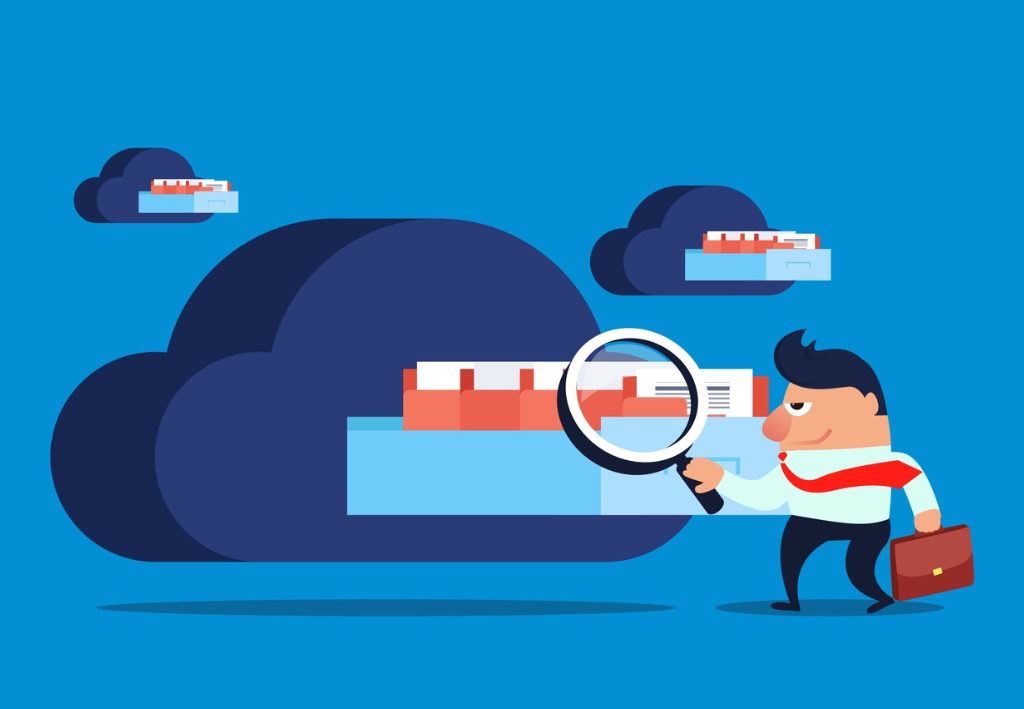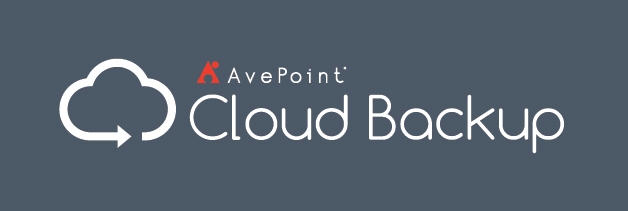3 Questions to Ask When Choosing a SaaS Backup Provider

By 2024, most enterprises aspire to have $8 out of every $10 for IT hosting go toward the cloud, according to a McKinsey report. And as more people work remotely and turn to cloud-based collaboration tools, they’re producing more data that leaves their organizations open to a plethora of devastating data-loss scenarios.
That’s because most cloud vendors don’t offer seamless out-of-the box data protection — they often recommend a third-party backup solution, in fact — so many users rely on outside partners to protect their critical assets.
All backup providers perform their namesake duty, of course, but that’s where the commonalities end. Each one offers different expertise and services, allowing the opportunity to shop for a provider that’s right for you.
Still, it can be difficult to know exactly what capabilities you require, particularly if you’re migrating from on-prem services. Cloud backup comes with unique considerations, and without understanding your new needs, it can be hard to identify a suitable backup provider.
In a recent webinar, AvePoint’s Senior Vice President of Product Strategy John Hodges and Forrester Research Senior Analyst Brent Ellis discussed what services and expertise a good backup provider offers — as well as the future of backup-as-a-service (BaaS).
Here are some initial questions they suggest you should ask during the search:

1. What is the process to recover my deleted data?
It’s not enough to have a redundant copy of your important information sitting in a cloud somewhere; you need to be able to access it. After all, how will you recover lost data if the unthinkable happens?
A backup provider’s ability to offer quick, easy recovery and assistance should inform their SLA. Ask about features such as delegated administration and contextual backup management consoles, as well as point-in-time and self-service restores that take the burden off of centralized IT desks and enable business users to help themselves.
GET THE E-BOOK: How and Why to Back Up Your Office 365 Tenant
A strong provider will also go beyond restores; they will ensure all of your data is protected. It’s critical to have a solution that can back up the basic workloads, such as SharePoint, OneDrive for Business, and Exchange — in addition to complex workloads like Microsoft Groups, Teams, and Planner — when looking at the overall trajectory of an organization’s growth.
It’s also important to not just look at the overall workspace, but also the individual items and even permissions that are most likely to be compromised and in need of restoration. The solution should be able to grow with the organization as more advanced workloads start being rolled out and support follows.
Providers should have retention policies in place that guard against accidental or malicious deletions. They may also offer a bring-your-own-storage option, an important safeguard that allows you to diversify where you store your data in case of disaster.

2. Do you offer multi-cloud coverage?
Data migration, management, and protection isn’t limited to Microsoft 365. If your enterprise utilizes multiple workspaces, such as Microsoft 365, Salesforce, or Google Workspace, you need to ensure each workspace is protected.
Be sure to ask a potential provider if they cover other applications that your team might use as part of their day-to-day operations. While it might not be possible to find a vendor that backs up every SaaS application in your team’s toolbox (hint: it might be possible in the future of BaaS), your backup provider ought to cover your essential tools. Otherwise, your data remains at risk.
Alternatively, you could consider migrating data from other SaaS platforms into Microsoft 365 to deliver a one-stop shop for effective workplace collaboration.
3. Are you knowledgeable about regulations that could impact my data?
From GDRP to California privacy regulations, there are many rules that could apply to your data in the cloud. Some countries’ regulations dictate geographical locations where data can be stored; others go beyond this and enforce local and federal privacy rules to the data as well. No matter the specific rules, backup is a critical component of privacy compliance.
READ THE CASE STUDY: Laser Clinics Leverages Cloud Backup’s Multi-Geo Tenancy to Comply with GDPR
That’s why a good backup provider will not only have data centers in the geographic locations you need to back up and store data, but also have expertise on additional requirements of these regulations, such as “right to be forgotten” requests and when to use purge features. They will monitor regulations worldwide and share this knowledge with you as part of their service as well as ensure your backup and storage is compliant with any regulations in the area.
When choosing a SaaS protection vendor, ask about their knowledge of global, federal, and local privacy regulations. If they don’t have the knowledge or resources in-house, inquire whether they have relationships with specialists who do.

Take the Next Step with AvePoint Cloud Backup
Ready to begin your search, but not sure where to start? The Forrester New Wave™: SaaS Application Data Protection, Q4 2021, which reviewed the top 10 backup vendors, awarded AvePoint the highest current offering score of all 10 vendors for our Cloud Backup solution.
We were the only vendor to receive a differentiated rating, the highest possible score, in all three criteria of Microsoft 365, Google Workspace, and Salesforce. In addition, AvePoint received differentiated ratings from Forrester in security and privacy, usability, storage options, planned enhancement, and innovation roadmap criteria. Sign up for a Cloud Backup demo today!
Discover better multi-SaaS management practices to improve your SaaS operations and create a safer and more secure digital workplace – SaaS Operations Best Practices
For all things Microsoft 365, be sure to subscribe to our blog.
Kayla Haskins is a Content Marketing Manager at AvePoint, writing about all things cloud collaboration – including Power Platform, Microsoft 365, Google Workspace, and Salesforce. An advocate of operational governance and process automation, Kayla creates content that helps businesses manage technology to drive efficiencies in the modern workplace and make work/life balance a reality.



